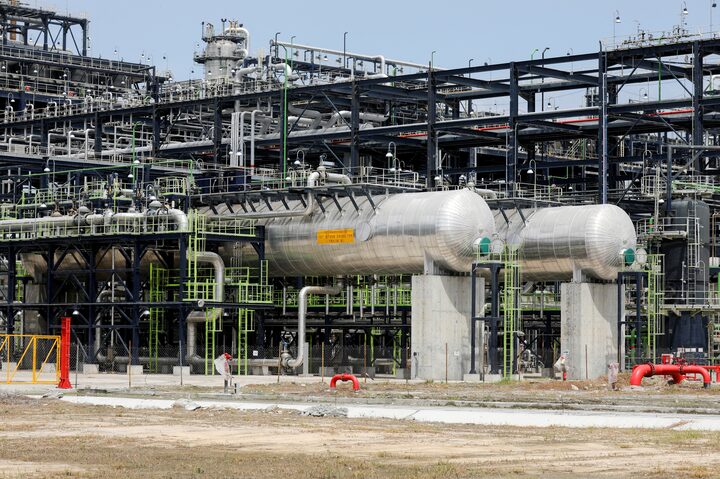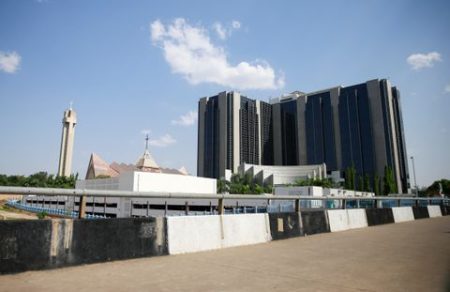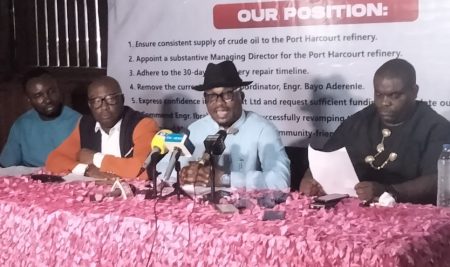
Mkpoikana Udoma
Port Harcourt — 2024 was a landmark year for Nigeria’s downstream oil and gas sector, as the sector saw pivotal changes, including full deregulation and a resurgence in local refining, according to the Petroleum Products Retail Outlets Owners Association of Nigeria, PETROAN.
In a statement reflecting on last year’s developments, Dr. Joseph Obele, the National Public Relations Officer of PETROAN, emphasized the significance of the government’s removal of fuel subsidies, which reshaped the market landscape.
“The Nigerian government’s decision to remove subsidies on petroleum products led to a more market-driven pricing regime. Although this move was met with initial resistance, it ultimately resulted in price stability and reduced the burden on the government’s finances,” Obele remarked.
Among the most notable events was the entry of the Dangote Refinery, the world’s largest single-train refinery, as well as the rehabilitation and recommencement of production at the Port Harcourt Refinery, which PETROAN described as a significant turning point.
“This development marked a significant step towards increasing Nigeria’s refining capacity and reducing dependence on imported petroleum products.
“The Dangote Refinery’s prices were initially competitive, putting pressure on the NNPC Limited to review its pricing strategy. This competition ultimately benefited consumers, who enjoyed relatively stable and lower prices for petroleum products.
“Another high point in 2024 was the resurgence of Nigeria’s oil production, which hit 1.8 million barrels per day—its highest in 15 years. This achievement is expected to have a positive impact on the country’s economy, generating more revenue and creating employment opportunities,” Obele said, quoting PETROAN.
PETROAN also noted growth in the compressed natural gas, CNG and liquefied petroleum gas, LPG, sectors, though challenges persisted.
“Nigeria’s compressed natural gas CNG sector witnessed significant growth in 2024. However, challenges persisted, hindering the sector’s full potential,” Dr. Obele stated, referencing issues such as inadequate infrastructure, high operating costs, and limited public awareness.
He further added that “inadequate regulatory frameworks and security concerns, including vandalism of CNG infrastructure,” remained barriers to the sector’s development.
Looking ahead, PETROAN offered several key recommendations to continue the progress seen in 2024, urging the government to prioritize the privatization of government-owned refineries, enhance competition, and improve regulatory oversight.
“We strongly recommend that crude oil be made available for local refineries. By prioritizing local refineries’ access to crude oil, Nigeria can unlock the full potential of its refining sector, drive economic growth, and enhance energy security,” Obele remarked.
He also addressed the issue of job losses due to the removal of fuel subsidies, calling for urgent action: “We request for a grant of N100 billion from President Bola Tinubu to help prevent the closure of 10,000 marketers’ businesses.”
Obele further expressed appreciation to those who played vital roles in shaping the sector’s trajectory in 2024, highlighting the contributions of President Bola Tinubu, NNPCL’s Mele Kyari, Dangote Group’s Alhaji Aliko Dangote, and the host communities.
“Special appreciation to Senator Heineken Lokpobiri and Chief Ekperikpe Ekpo for their innovative leadership styles in the oil and gas sector. As the sector moves into 2025, PETROAN is optimistic about the future. The oil sector’s growth in 2024 is a promising sign for Nigeria’s economic development in the years to come,” Obele concluded.



